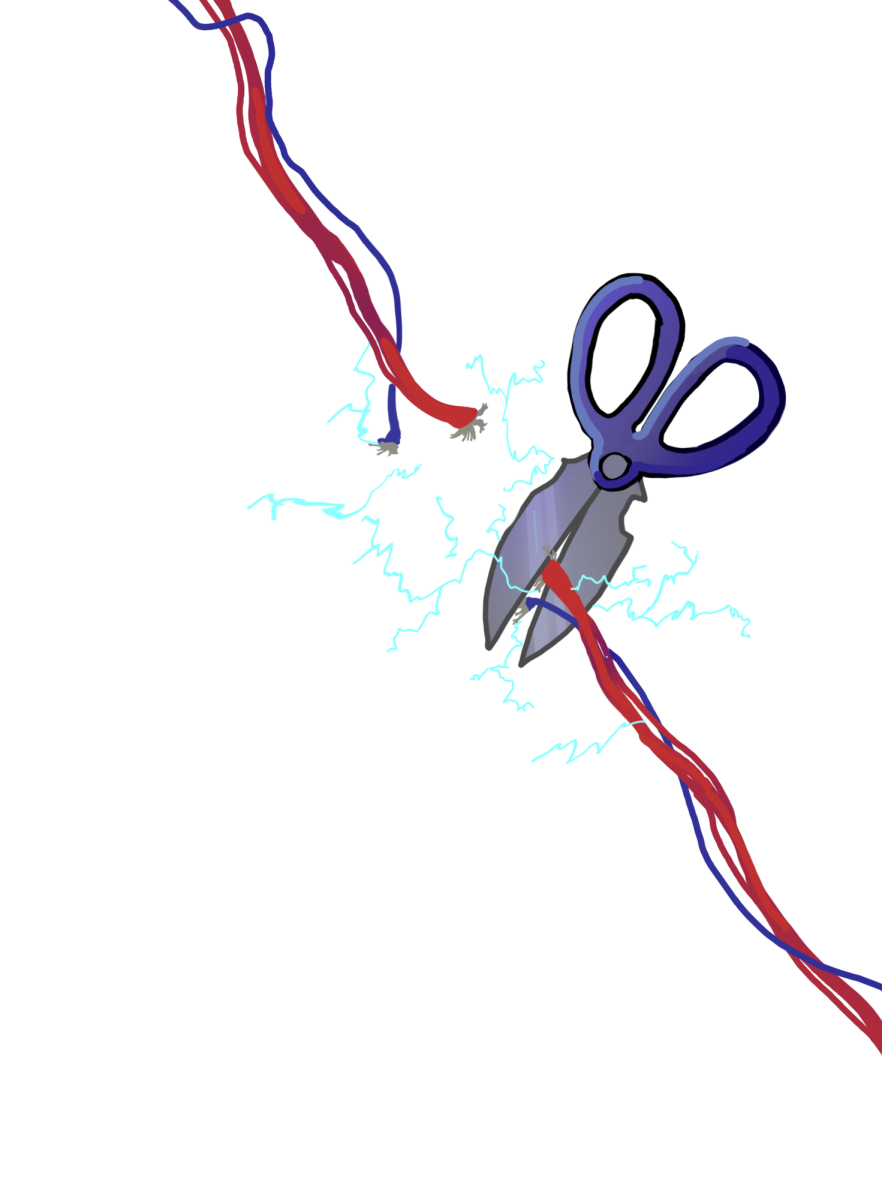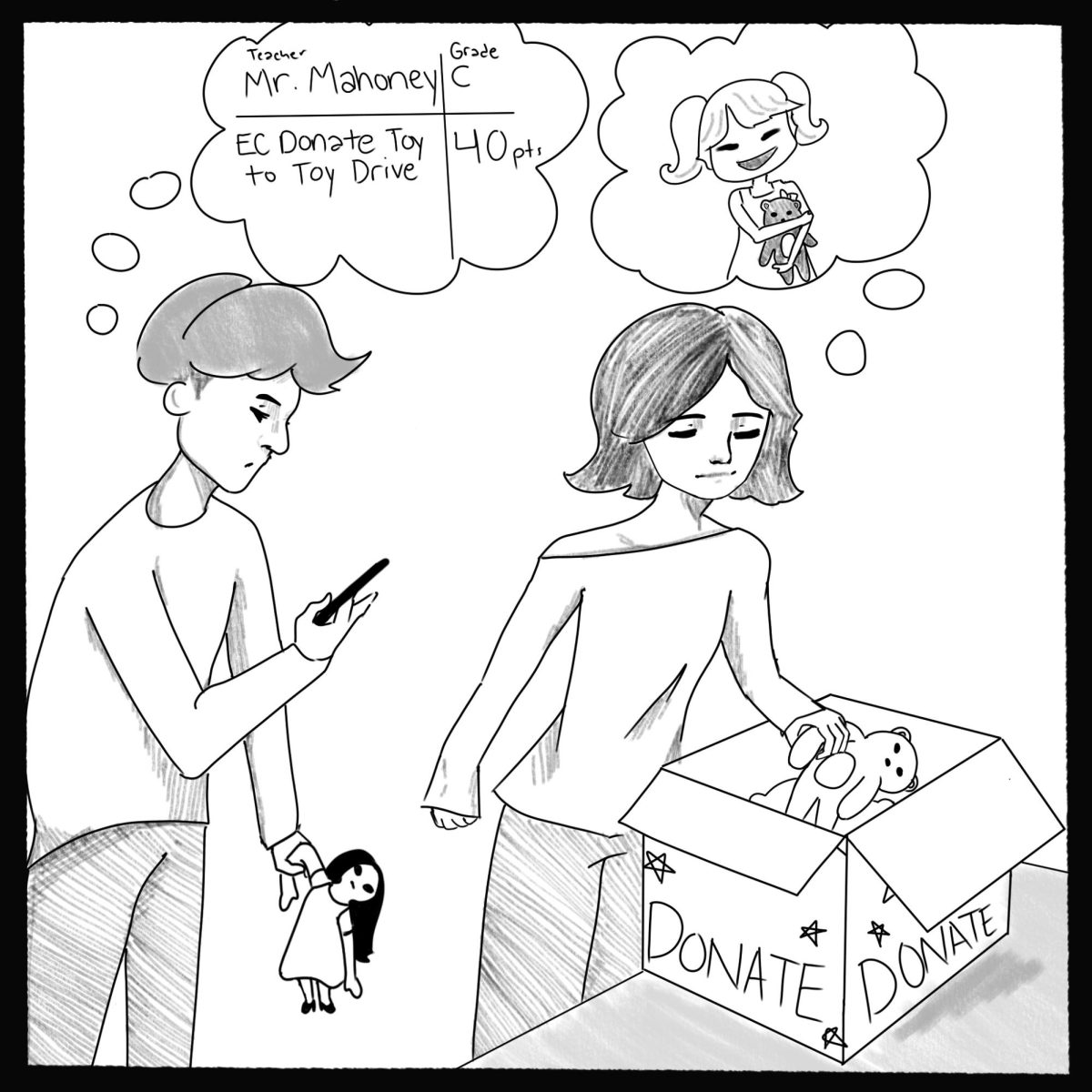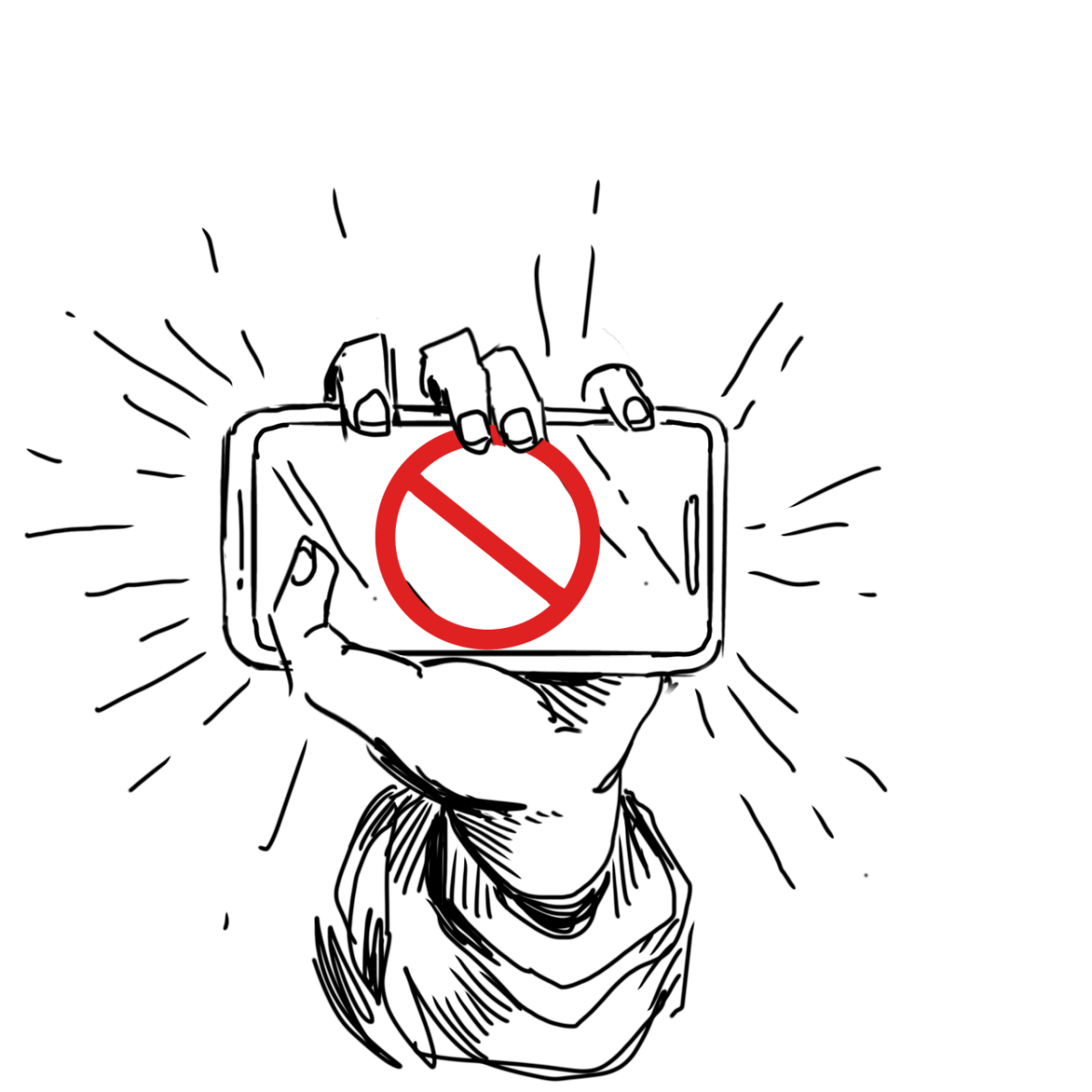Have you ever bought from Shein? How about H&M? Or Brandy Melville?
In the early 90’s, a new fashion company emerged in New York City. The company, Zara, shocked consumers with the ability to turn a design into a product in just 15 days, hence the term “fast fashion.”
Over the next 30 years, more fashion companies adopted the fast fashion business model, stealing a trend from the runway, turning it into a design and marketing it in rapid time.
While Zara started as just a single store in New York, it turned into a website and a nationwide chain.
Zara and many other fashion retailers had fully embraced fast fashion and the industry continued to evolve. But in 2008 the world’s biggest fast fashion company, Shein was founded.
Consumers couldn’t resist the outstandingly cheap clothing deals that went as low as $1. Shein could keep up with current fashion trends by adding new inventory biweekly.
Fast fashion has become the new normal in fashion. It shouldn’t be. Cheap clothes from sordid corporations shouldn’t be hanging in every American shopper’s closet. We shouldn’t see fast fashion dresses and jeans in every other mannequin at the mall.
People cannot claim ignorance of fast fashion. Shein is only the most infamous for the accusations of the use of massive amounts of water, production of greenhouse emissions, child labor and general quality. But it has still attracted almost 70 million active shoppers.
The UN Environment Programme found that fast fashion is responsible for 10% of global carbon dioxide emissions, as well as being the second largest consumer of water.
To produce just one kilogram of cotton, it takes 20,000 liters of water. In addition to using buckets of water, fast fashion has also been attributed with heavily polluting water. Fast fashion is responsible for producing 20% of the world’s waste water. The production of synthetic fabrics releases many toxic chemicals into the water. Fast fashion factories, located mostly in Asian countries, deplete the region’s groundwater levels and after the process of finishing the clothing articles contaminate the water with pesticides, heavy metals and oils.
Fast fashion doesn’t just devastate the oceans and ecosystem, but desecrates populations. Those chemicals used to produce synthetic fabrics is dranken or used to cultivate crops poisoning the health of nearby populations.
The Clean Clothes Campaign found that 93% of the brands surveyed weren’t paying their garment workers a livable wage. Many other workers described the environment in the factories as abusive and dangerous.
Even when you think you are shopping “ethically,” you still may be deceived. Greenwashing, or “the act or practice of making a product, policy, activity, etc. appear to be more environmentally friendly or less environmentally damaging than it really is,” has been attributed to companies such as H&M, Lululemon and Boohoo.
All have been accused of giving their shoppers a false impression of ethical shopping by creating sustainable clothing collections, appointing sustainability managers and claiming to provide adequate living wages, while in actuality they continue to pollute and use wasteful practices to manufacture clothing.
Fast fashion is a never-ending cycle of consumerism. The companies mass produce an overflow of clothing to keep up with vastly changing trends. The trends go over and pass in due time and eventually, people throw out their clothes. Trends are faster than ever. Microtrends, short-lived trends that gain prominence in a short period of time and then sharply decrease, are the new normal.
If you have ever borrowed your parent’s clothing or bought vintage, you could probably notice the quality difference. I have been able to wear my mom’s clothing from the 1990’s and it still is in near-perfect condition.
It’s because the quality of fast fashion clothing is significantly less than other brands. The clothing is quickly manufactured for cheap and the quality suffers.
The number of times an article of clothing has been worn decreased 36% in 15 years. Fast fashion has allowed people to shop too much in bulk, then discard.
Shein and Zara might be well known for unethical business practices. But they are definitely not the only fast fashion companies around. In fact, many beloved fashion brands are considered fast fashion, the most notable being Hollister, Pink, Urban Outfitters, PacSun and American Eagle.
In closing, it’s hard to shop ethically. So, where do you buy new clothes?
Apps like Depop and Poshmark allow users to buy clothes from their favorite brands without directly supporting them. Or, you can visit your local thrift stores.
But the better solution to overconsumption is to not buy. Stop contributing to microtrends and buying clothes you won’t wear in a year. Don’t buy impulsively or buy what you don’t need. The easiest and most realistic solution to the problem is not to completely stop shopping, but to shop less and when you do, to shop ethically.
Fast fashion is not acceptable, and nobody is above it. So ask yourself: is our planet really worth the cost of a few more cheap clothes?





































ST • Apr 12, 2024 at 12:28 PM
Before reading this article, I would not have known that places like PacSun, Zara, and AE were considered fast fashion. I have only ever heard that Shein and H&M were fast fashion considering they were so cheap. Its articles and discussion posts like this, that help fight against the ignorance towards the effect fast fashion has on the world. It would be hard to say that the US should stop buying their things from companies like that because that would be very close to being impossible, but it does make me wonder if we are ever going to stop consuming so much fast fashion and how we would approach that.
Gabi • Apr 12, 2024 at 12:17 PM
Sometimes its hard to consider about ethics when you’re buying cute and especially affordable clothing and accessories. I think that people who buy from these brands dont think about how harmful it is for the environment. At the same time its extremely hard to shop ethically when you are someone who needs a variety of sizes and shein not only provides cute clothes but is very size inclusive. Growing up really poor, shein is what I turned to when I felt I needed clothes and to fit in more.
KG • Apr 11, 2024 at 3:15 PM
It is sad that people who cannot afford “nice” clothes are forced to buy from brands who are considering fast fashion brands. The price of clothing should not have to determine the ethics behind the way they are made. Good-quality, ethically-sourced clothing should be available for everyone to purchase.
TF • Apr 9, 2024 at 9:57 PM
Amazing article. I knew fast fashion was horrible, but I did not know that it used so much water. It’s really sad how we allow the exploitation of people in other countries just because they may not be as protected by their government.